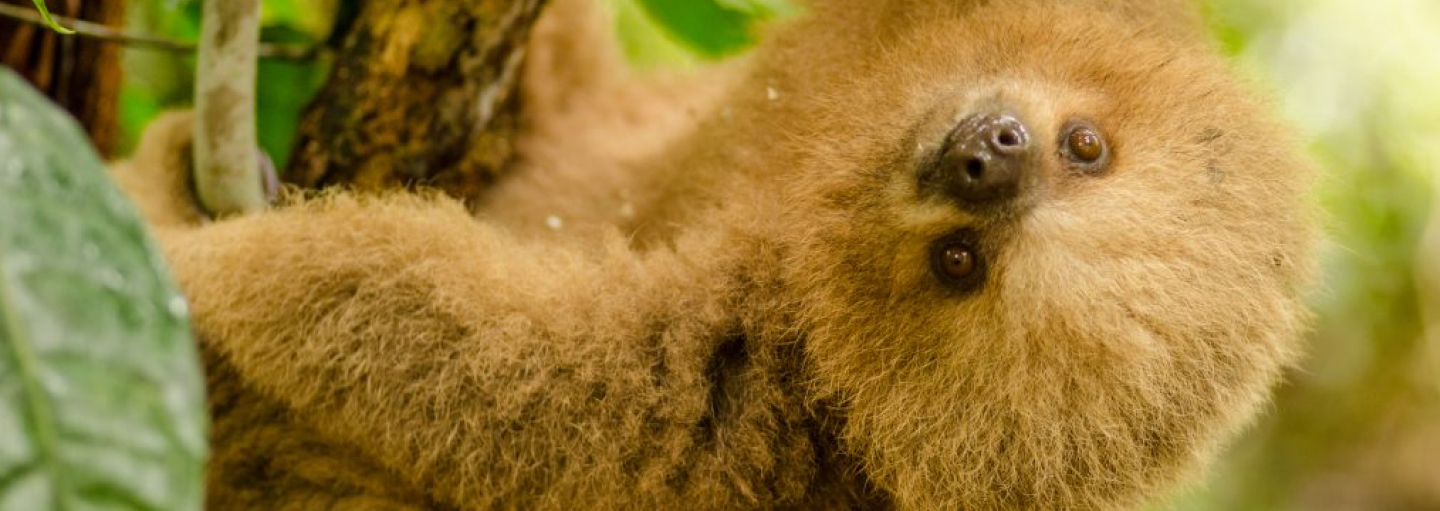CEO Statement on the Amazon Fires
11/06/2020
Strategic Area:
Climate - Wild Places -
Content Type: Blog
Country:
Bolivia -
The Amazon rainforest is suffering the worst fires in a decade.
In July and August of last year, forest fires caught international headlines as flames blazed across the Amazon rainforest. While our attention has understandably shifted to other events, the problem hasn’t diminished. In fact, the fires this year could be even more devastating than in 2019.
Over the past few months, thousands of fires have erupted in the Amazon rainforest. When the burning of the Amazon was at its peak in August, there were thousands of individual fires, almost three times as many that month – 30,901 – compared with the same period last year. October – traditionally a month when rains bring some relief – also experienced an increase in fires. The Institute of Space Research said there were 17,326 fires in the Amazon, compared to 7,855 in October 2019.
Historically, fires in the Amazon have been linked to deforestation due to the expansion of agricultural activity. This occasion is no exception.
The Monitoring of the Andean Amazon Project (MAAP) has used an archive of satellite data to track deforestation across the Brazilian Amazon and found that most of last year’s fires occurred on recently deforested land. MAAP has detected several large areas in Brazil that have been recently deforested and will likely be the sites of the most devastating Amazon fires in 2020.
The consequences of this destruction are dire. Fires not only threaten the existence of the world’s largest tropical forest, but also put biodiversity at risk of extinction, threaten indigenous communities, and hinder ecosystem services we all depend on.
The immediate impact of fires on biodiversity is the death of wildlife that inhabit these forests, including animals of great ecological importance such as the jaguar. Burning also causes a loss of habitat that threatens the survival of species.
With an infection rate from COVID-19 130% higher than the general population, Brazil’s indigenous people are already more vulnerable. Smoke from fires will put their respiratory systems at even higher risk. Recent studies suggest a link between exposure to air pollution and more severe cases of COVID-19, and seasonal increases in malaria and dengue will put additional pressure on remote regions where hospital beds are hard to come by.
In addition to affecting the biodiversity and communities of the area, fires worsen the climate crisis. Fires and climate change operate in a vicious cycle: as fires increase, greenhouse gas emissions increase, increasing our planet’s overall temperature and the occurrence of extreme weather events like droughts.
Deforestation also reduces the capacity of ecosystems to absorb carbon dioxide, contributes to a change in rainfall patterns in the affected regions, and compromises air quality for near and distant cities.

Currently, fires are consuming areas of forest in the Amazon, and in other important ecoregions such as the Pantanal in Brazil and Chaco in Bolivia.
To prevent these fires, we must fight deforestation. It is clear that Nature and Culture International’s mission to save our planet’s most biologically diverse places remains as urgent and important as ever.
With the support of our donors, Nature and Culture is currently working to prevent fires in the Amazon, Chaco, dry forest, and other critical ecoregions. We are helping indigenous and local communities create new protected areas, which is key to preventing deforestation. We recently supported the declaration of Serranías de Igüembe Municipal Integrated Management Natural Area in Bolivia, safeguarding 302,242 acres from logging, agricultural expansion, and other threats. We are also establishing and strengthening effective management for existing protected areas.
Additionally, Nature and Culture is training local park rangers and community members in forest fire prevention and containment to prevent future devastation. In October, we trained 25 community members in Ecuador’s dry forest to strengthen prevention, control, and management measures.
Nature and Culture is committed to the conservation of our planet’s wildlife and wild places in collaboration with local and indigenous partners. With the support of our donors, we will continue to protect nature and culture in the Amazon and other critical ecoregions for the well-being of our planet.


